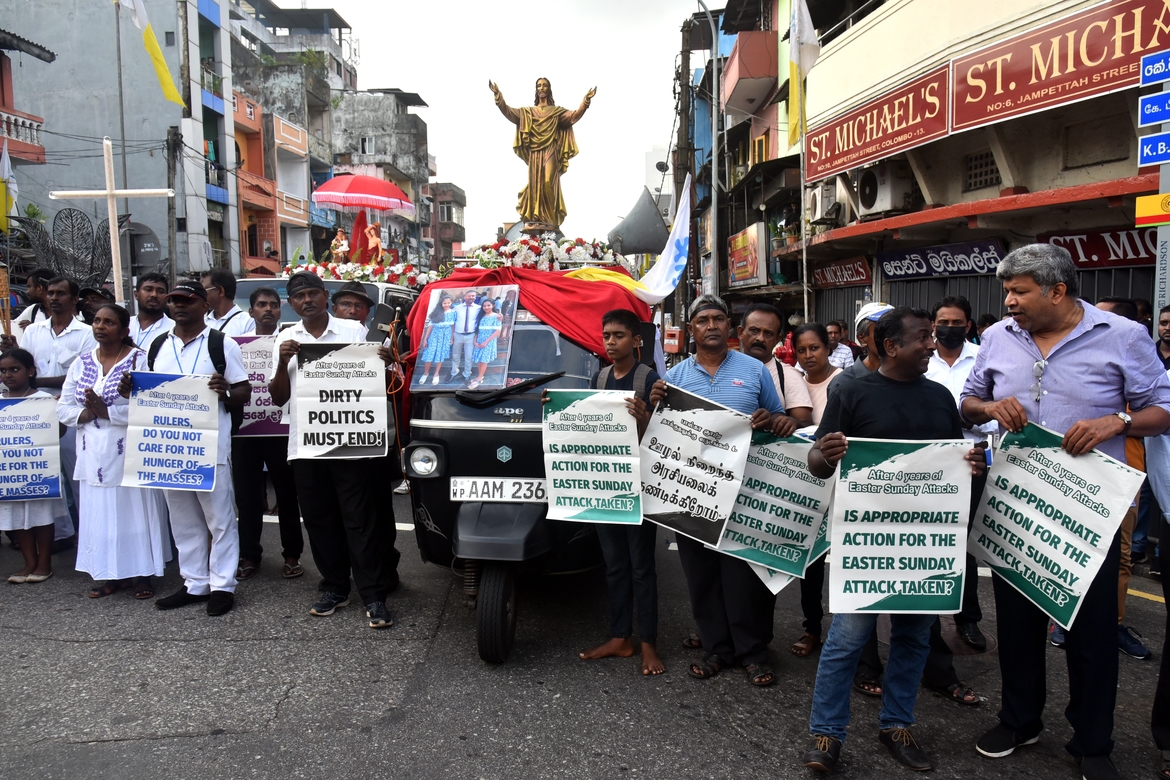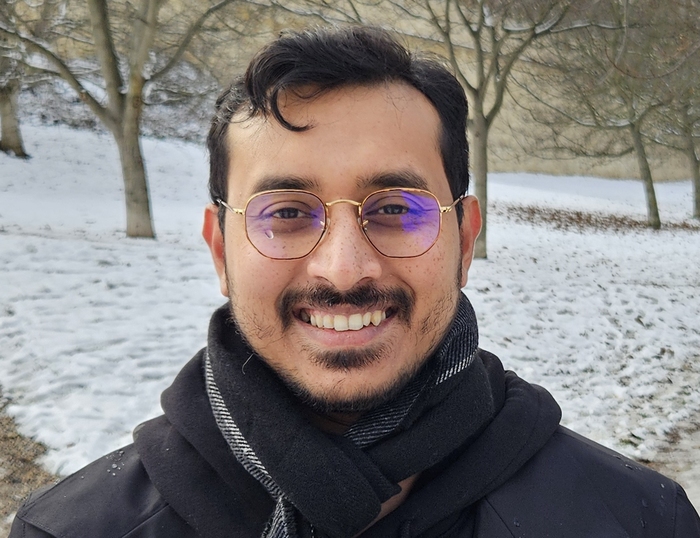Sri Lanka: Call against injustice
The Easter terror of 2019 is a trauma for Christians in Sri Lanka. The threat from extremist groups is growing.

A commemorative held at St. Anthony’s Church – Kochchikade to mark Four years since the tragic Easter Sunday attacks that claimed the lives of more than 270 people. Colombo, Sri Lanka 21st April 2023. Photo: Shutterstock
First published in Magasinet Stefanus #2 2024. Written by: Birgitte Moe Olsen. Photo: Shutterstock and Birgitte Moe Olsen
Since the civil war that ravaged Sri Lanka for over 25 years until 2009, the Christian church in the country has advocated for justice and defended the rights of minorities. The conflict was primarily between ethnic groups, and after its conclusion, religious identity became even more significant than before. Mike Gabriel, who leads the Committee for Religious Freedom for the Evangelical Alliance of Sri Lanka (NCEASL), identifies friction and conflict between religious groups as one of the biggest challenges.
Since 2009, the National Christian Evangelical Alliance of Sri Lanka (NCEASL) has documented over 1000 cases of discrimination, threats, and violence against Christians, with pastors being the most frequent targets. According to NCEASL's documentation, the majority of these abuses are perpetrated by representatives of the state apparatus. Recently, NCEASL has also started documenting abuses against Muslims and Hindus.
"Christian persecution has been ongoing for a long time. Sri Lanka is primarily a Buddhist country, that has long pursued a pro-Buddhist policy at the expense of minorities," Gabriel explains. The magazine Stefanus met him in Prague during an international conference on religious freedom.
Religious Extremism
"How is the church doing today?"
"The church is facing pressure from three extremist movements. Christians, particularly in the northeast, are caught in a squeeze between Hindu nationalist and Buddhist extremist groups. These groups view Christians as a common enemy because they oppose evangelization and fear their 'own' converting," Gabriel shares.
Christians, particularly in the northeast, are caught in a squeeze between Hindu nationalist and Buddhist extremist groups.
Hindu nationalist groups in Tamil-Hindu areas have connections to similar movements in India.
The Easter attacks on churches and hotels in 2019, resulting in 269 deaths, were the outcome of Muslim extremism.
“The memories of the events have been painful for those affected, although the country seems to have forgotten what happened. There is fear among the Christian population of new attacks, as there are 'sleeper cells' of terrorists. Almost all churches celebrate Easter with police protection, but the police cannot be fully trusted,” says Godfrey Yogarajah, the General Secretary of the Evangelical Alliance. Five years after the Easter terror attack, NCEASL continues to provide assistance to victims who have lost their sight or limbs and are struggling to earn an income.

Mike Gabriel, leader of the Committee for Religious Freedom for the Evangelical Alliance of Sri Lanka. Photo: Birgitte Moe Olsen
Monks are at the forefront
It is concerning that extremist views are being spread by some Buddhist monks without state intervention. Between November 2021 and October 2022, NCEASL documented 21 instances of abuses against Christians by Buddhist monks. In some cases, these monks were accompanied by a mob from the neighborhood. For instance, in one case, a pastor was surrounded by 60 neighbors and three monks who pressured him to stop alleged 'forced conversions.'
"Increasing extremism is worrying. Rising extremism also leads to increased misogyny, particularly the desire to control women's bodies," says Mike Gabriel.
The government's mandatory registration of all places of worship poses a challenge to the church, especially for small congregations that meet in homes. Christian home churches often feel unwelcome in Buddhist neighborhoods. There are cases where neighbors report congregations to the police with the intention of removing them. The registration requirement is sometimes used as a pretext.
Some churches are closed in violation of national regulations. The pastor and his family may be left with fear and trauma-and no income. Most pastors depend on voluntary donations from the house fellowship. After Sri Lanka entered a deep economic crisis in 2022, pastors are increasingly under financial pressure.
The Mission of the Church
The Church in Sri Lanka has long been a courageous voice against injustice and abuse. During the civil war, Catholic priests protested human rights abuses by both the Sinhalese and Tamil sides. The church documented abuses and provided protection and assistance to civilians.
"The church must remain true to its prophetic calling today. We must not be afraid to hold those in power accountable, even if this is challenging as a minority. After the Easter terror in 2019, the church led the way in demanding justice for the victims while forgiving the perpetrators."
It's important to monitor developments, especially in relation to this year's election campaign.
Online hate speech against minorities is increasing. This could lead to violence, Gabriel fears: "That's why it's important to monitor developments, especially in relation to this year's election campaign. We expect nationalist rhetoric that makes minorities, such as Christians, particularly vulnerable."